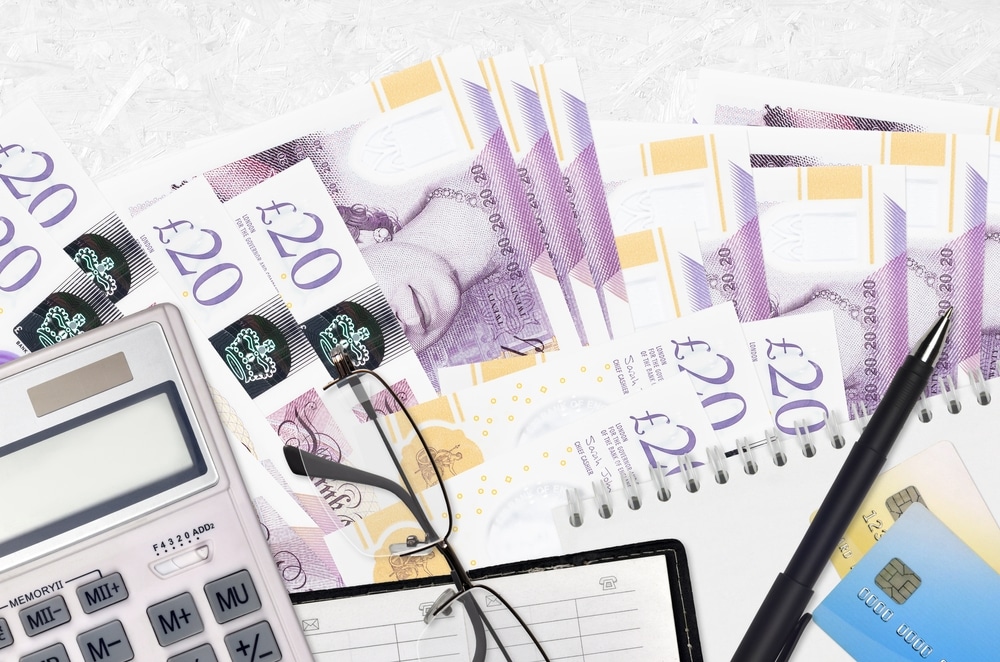With the deadline for tax returns fast approaching, company directors, business partners, and the self-employed are being reminded to complete their Self Assessment, and pay what is due by January 31, 2024.
In accounting, some aspects are harder than others to control, especially when it comes to late payments – which are causing small businesses a £7.4 billion loss at any one time.
A new study has revealed the impact of unpaid invoices varies significantly across different industries.
Retailers are currently being affected the most, with businesses in this industry facing around £1,532 worth of unpaid invoices. In second place are those in the electrical services sector, with businesses waiting for £1,501, on average. Businesses in the industrial equipment sector have come in third, with owners suggesting around £1,451 are wrapped up in unpaid invoices.
Small businesses in the property management and development sector are seeing the least financial impact, at £1,032 — though this is still a significant amount.
With this in mind, Alex Miles, COO and UK managing director at Capital on Tap has shared some tips for small business owners on how to chase unpaid invoices efficiently before the end of January 2024.
Expert tips for chasing unpaid invoices before Tax Returns 2024
-
Set a timeframe – It is important to establish a process for chasing payments. Setting a timeframe for yourself and expectations for payment deadlines can make it feel more manageable, and also less personal if you feel uncomfortable chasing a customer for money
-
Don’t be afraid to check in – In the first instance of a late payment, send your customer an email to check if there’s been a problem with processing, remind them it’s overdue, and ask when you can expect the payment. If they still haven’t paid, send an overdue invoice, and if the problem persists then give them a call. It’s harder for a customer to ignore you on the phone. You don’t need to say too much, just explain the overdue invoice and ask when it will be paid.
-
Escalate if needed – If you’ve contacted the customer by both email and phone but they still haven’t paid, then you’ll need to escalate the issue. Warn them that you might stop supply if they don’t pay, and speak to someone more senior in the business if you can.
-
Seek professional help – If the problem persists, you may need to seek professional advice. This might involve using government or local business advice hubs, calling your trade organisation to see what help they can offer, speaking to a solicitor or accountant, or using a mediator to talk things through with the customer.
-
Make sure you’re paying your own invoices on time too – As a business owner yourself, it is really important to make sure you are also paying invoices on time. Communication is also key, if you find yourself behind in payments, be open and honest with your supplier so you can fix the problem as quickly as possible. Additionally, this study highlights which industries have to chase unpaid invoices the most and pinpoints the industries most financially affected by overdue payments.





